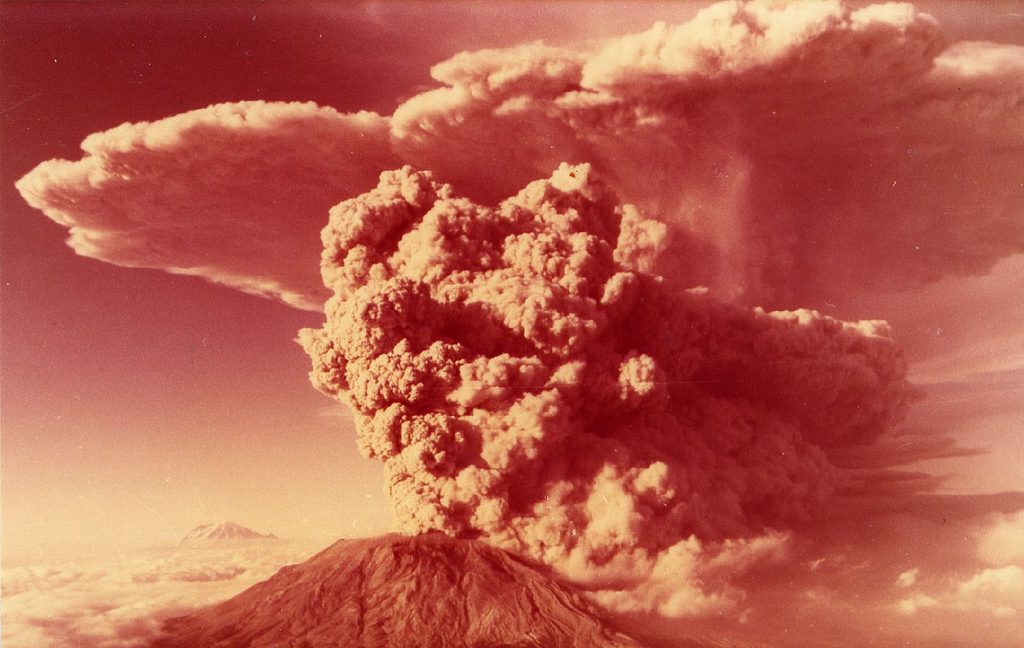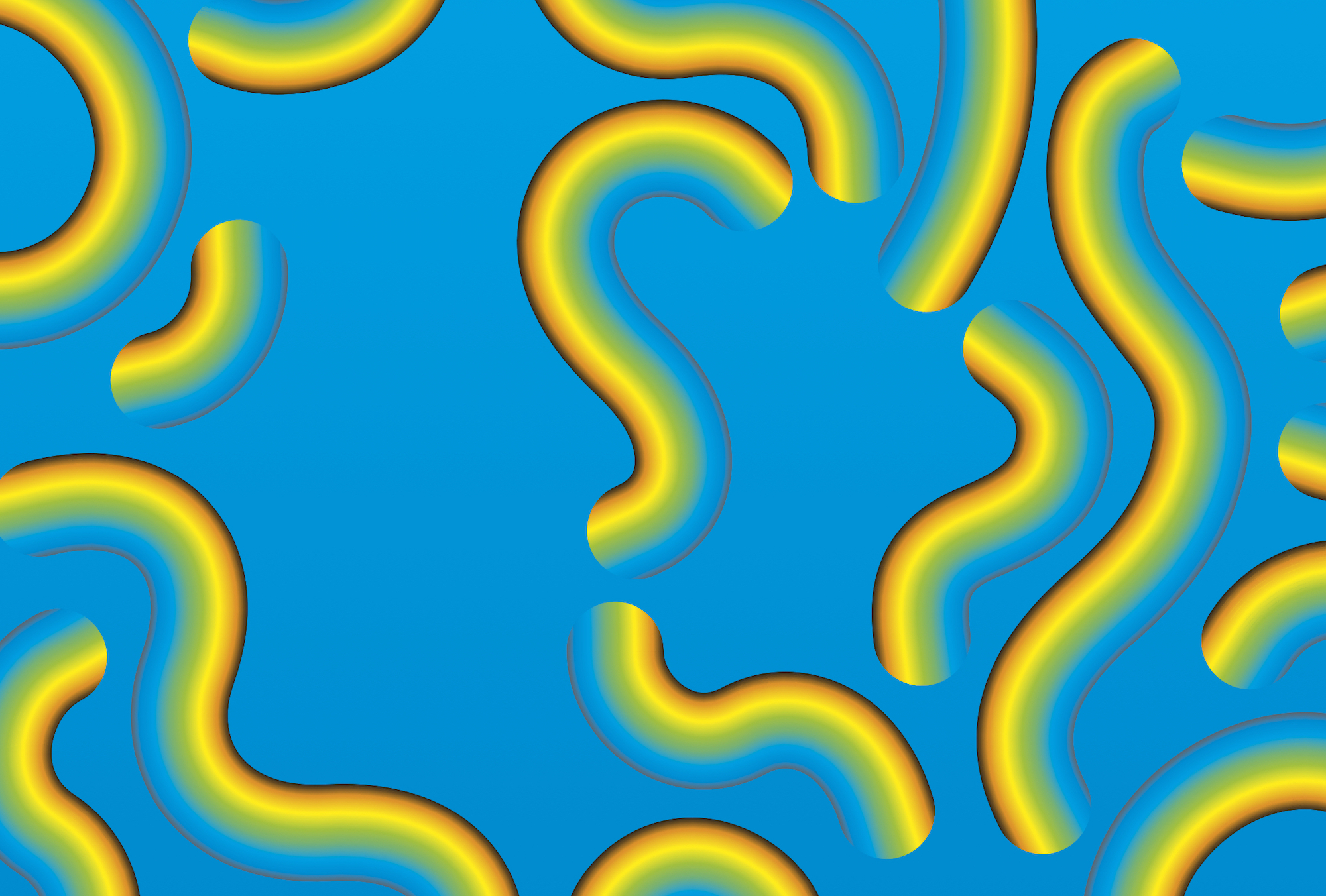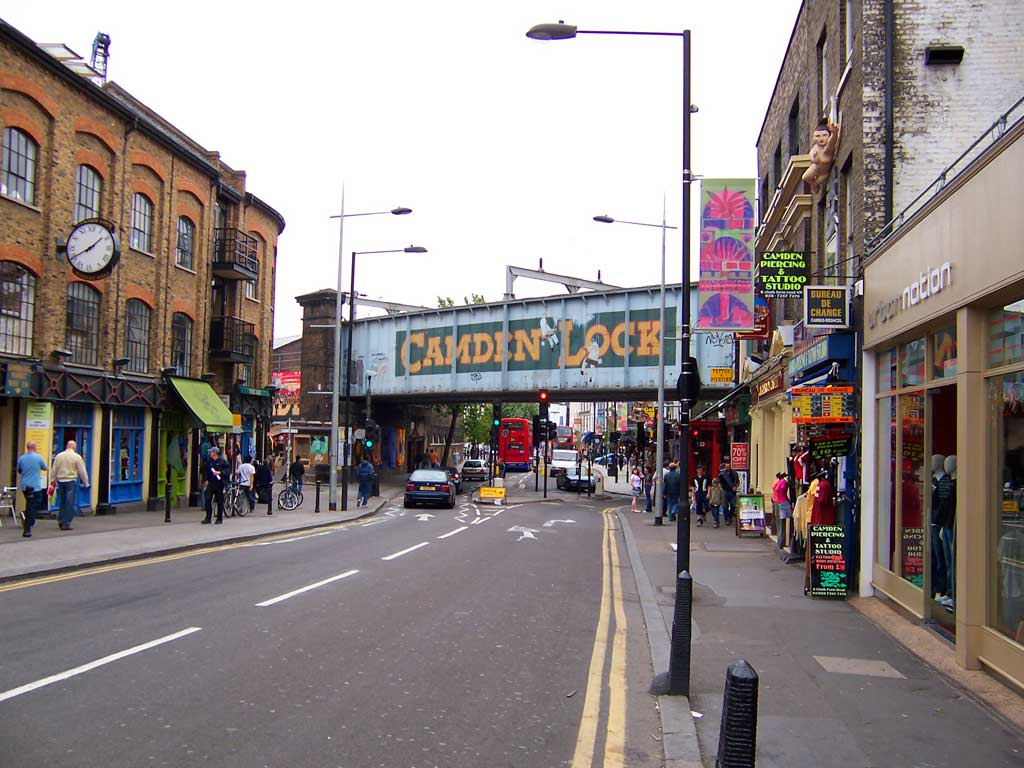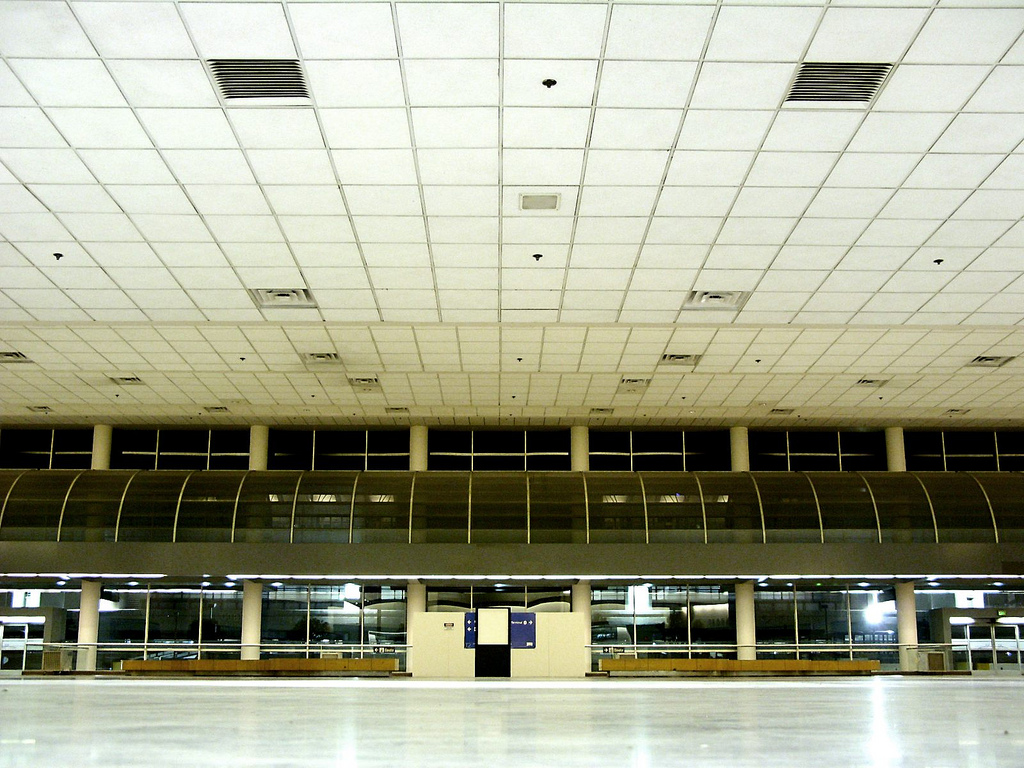
The Ballad of Mohamed Bouazizi
“The Spring of Nations, for the second time,
Turned out to be melodious bel canto.”
– Czesław Miłosz, A Treatise on Poetry (1957).
A time of schism, scandal, shock,
dreams and killing drones,
a whistleblower in the west,
theocrats and thrones.
Panic spurred a country’s quest:
“Defendant, what is terror?”
“Terror is not America:
hate is a foreign error.
“Today’s discoveries are done
in labs, not libraries;
a military superpower
does as its people please.”
And so I make this song to mark
an age of overturning
when power wavered, banners waved,
and citizens were burning.
Mohamed Bouazizi lived
in Sidi Bouzid, strapped
for cash and hope: his poverty
had Bouazizi trapped.
He kept a cart, sold fruit and veg,
supported his relations,
did all he needed to survive
injustice’s privations.
More, Bouazizi had been known
for giving fruit for free
to orphans who could not afford
that vital luxury.
And Sidi Bouzid was a tough,
hardscrabble town to live in
but Bouazizi loved his home
and didn’t want to give in.
Out in midland Tunisia
the poorest foot the bill
and Bouazizi must have felt
like social overspill.
One day police, who liked to taunt
and flaunt authority,
rolled by and wrecked his livelihood
so everyone could see.
They smashed his cart and dashed his hopes.
They broke the camel’s back.
They beat him and they got away
with unprovoked attack.
So Bouazizi found a can
of oil and lit a flame
and burned out in a public space.
Now ‘martyr’ is his name.
Not right away: he slowly died
in hospital, of burns,
as hope can die, a victim of
unbearable concerns.
The president, Ben Ali went
to well-wish Bouazizi
(bad politicians like to think
recovery is easy).
Ben Ali smiled politically
but Bouazizi stayed
unconscious, in a coat of burns
no tyrant could invade.
And revolution spread across
Tunisia and soon
torches in Tunis lit the clash
of protest and platoon.
Streetfighting, supercharged with hope,
went juggernauting through
the country with a passion even
trained troops could not subdue.
With curfews, strikes, and Molotovs,
twenty-eight days on
from Bouazizi’s immolation,
the dictatorship was gone.
Ben Ali fled Tunisia
with tonnes of gold in tow
to settle in Saudi Arabia,
where rights are rare as snow.
There money speaks, as money does
in every monied state;
there statues and the statute books
agree that money’s great.
Yet freedom spreads: like dominoes
dictators, tilting, fall –
and revolution’s pendulum
swings like a wrecking ball.
Meanwhile, each spring will spiral on
to autumn, nature crinkling
time’s edges. When you turn this page,
inspect your hand: it’s wrinkling.
Image credit: Rod







